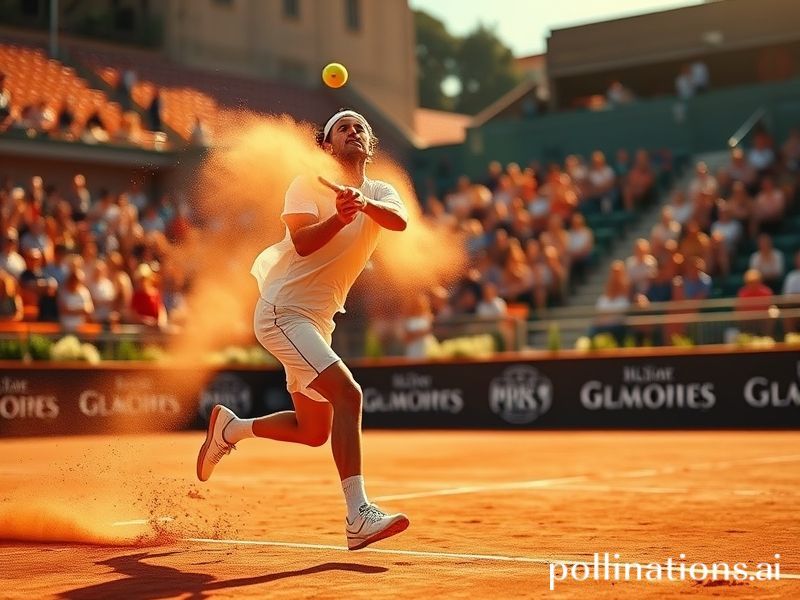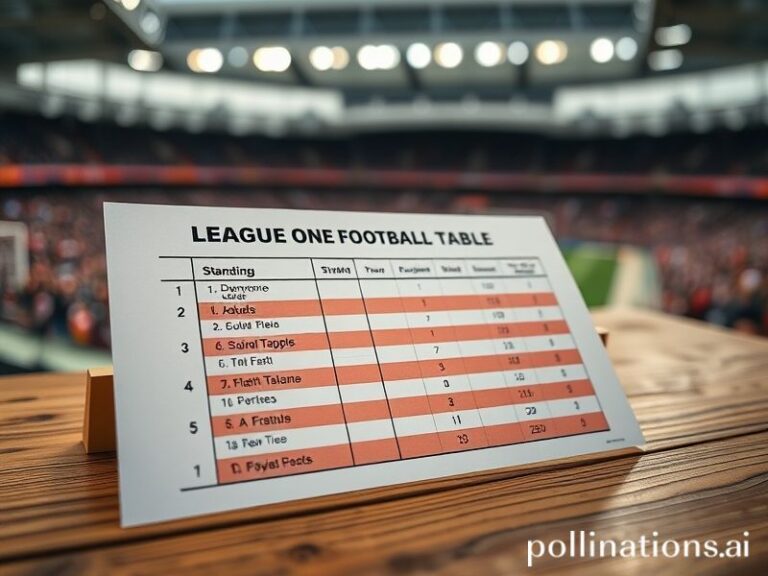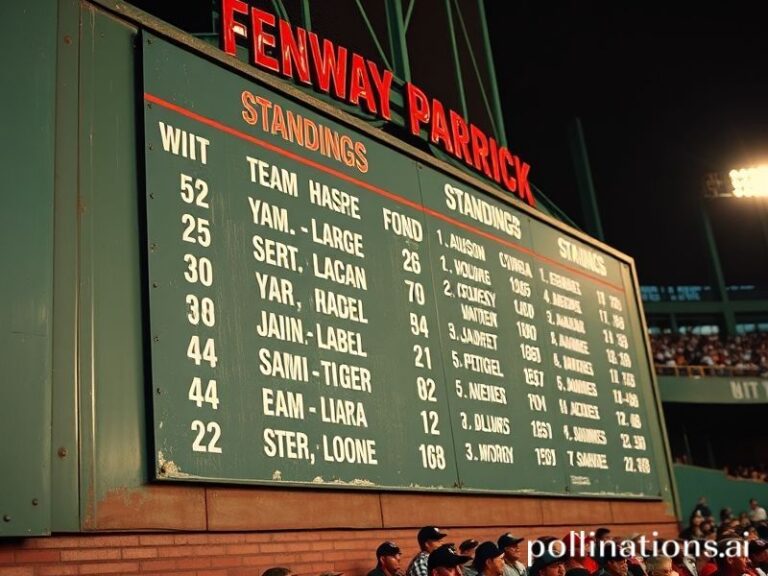jannik sinner
Jannik Sinner: Italy’s Ice-Cool Prodigy and the Global Gladiator Games
By our Special Correspondent in the Cheap Seats
When Jannik Sinner hoisted the Australian Open trophy at 3:14 a.m. Melbourne time, the rest of the planet was busy doom-scrolling through wars, recessions, and whatever fresh hell Elon Musk had tweeted that day. Yet for one brief, shining moment, a 22-year-old from the South Tyrolean Alps reminded humanity that we still manufacture hope on an assembly line of carbon fiber and sweat. The world, naturally, responded by immediately checking if he was marketable in China.
Sinner’s triumph is, of course, bigger than tennis—everything is these days. A decade ago his victory would have been a charming regional anecdote; now it’s a geopolitical chess piece. Italy, still reeling from Giorgia Meloni’s latest culture-war salvo, can finally export something other than political melodrama and questionable fiscal forecasts. Meanwhile, the People’s Liberation Army of online nationalism—those tireless keyboard warriors who can weaponize anything from pandas to pearl milk tea—rushed to claim Sinner as proof that European courts are “softer” than Asian ones, a theory that wilts under any cursory Google search but thrives on nationalist Wi-Fi.
Across the Atlantic, ESPN executives uncorked prosecco that cost more than most mortgages, because an Italian winning in Australia means at least 0.7 additional American viewers might stop confusing tennis with “that game with the grunting.” Wall Street analysts, ever the buzzards of human joy, upgraded Adidas stock by 0.3 percent on the assumption that teenagers everywhere will now pay $250 to look like a walking highlighter. Somewhere in Silicon Valley, a product manager sketched an NFT called “SinnerServe” guaranteed to depreciate faster than a crypto exchange on laundry day.
Europe, meanwhile, is treating the lad like a renewable resource—clean, efficient, and suspiciously Swiss-adjacent. Ursula von der Leyen reportedly asked aides whether Sinner’s backhand could be harnessed to meet 2030 carbon targets; the aides, seasoned Eurocrats, replied that they’d form a committee and issue a white paper sometime after the heat death of the universe. In Germany, tabloids ran 64-point headlines asking if Sinner’s victory proves that pasta is a performance-enhancing drug; Bavarian beer halls responded by inventing a new wheat ale called “Slammin’ Sinner,” which tastes like regret and hops.
Global South perspectives are refreshingly unimpressed. In Lagos rush-hour traffic, a radio host pointed out that Sinner’s prize money could electrify three rural villages, then segued to afrobeats. In Buenos Aires, where inflation laughs harder than any stand-up routine, a café chalkboard offered “Café Sinner” at 4,000 pesos—price subject to hourly revision. And in Mumbai, a cricket-crazed sports bar briefly flashed the tennis score between IPL commercials, prompting one patron to ask whether the match came with cheerleaders or just existential dread.
The real cynics—let’s call them “seasoned observers”—note that Sinner’s ascent coincides with tennis’s slow metamorphosis into Formula 1 without the fireballs: same carbon fiber, same sponsors, same suspicion that the drivers (players) are merely well-paid hood ornaments for energy-drink empires. The ATP Tour now flies 90,000 miles a year, emitting roughly the carbon footprint of a medium-sized Balkan nation, all so we can watch two exhausted humans swat fuzzy yellow orbs under the benevolent gaze of Rolex. If that isn’t late-stage capitalism doing cardio, nothing is.
Yet even the jaded heart swells—slightly, like a bureaucrat’s expense account—when Sinner thanks his family in three languages without sounding like a hostage video. There’s something almost quaint about a Gen-Z multimillionaire who still looks sheepish accepting a six-figure appearance fee while wearing the same expression teenagers reserve for unplanned pregnancy tests.
In the end, Sinner matters because he doesn’t matter. He’s a 6-foot-2 antidote to the daily drip of apocalypse, proof that mortals can still sculpt grace out of chaos without tweeting about it. For one balmy Melbourne night, the world’s centrifugal forces paused long enough to watch a kid from the mountains hit a ball until another kid from Russia hit it back. The rest of us—war criminals, hedge-fund vampires, and humble newsletter subscribers—were reminded that sometimes the universe allows beauty to win, if only so the advertisers have something wholesome to splice between segments on climate collapse.
Sleep tight, planet Earth. Tomorrow the circus resumes, but tonight we let the kid from Sexten hold the racket—and, briefly, our conscience.







